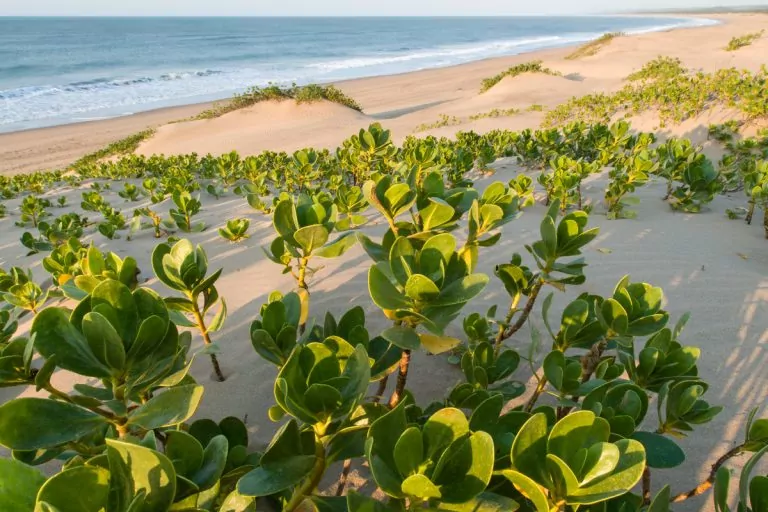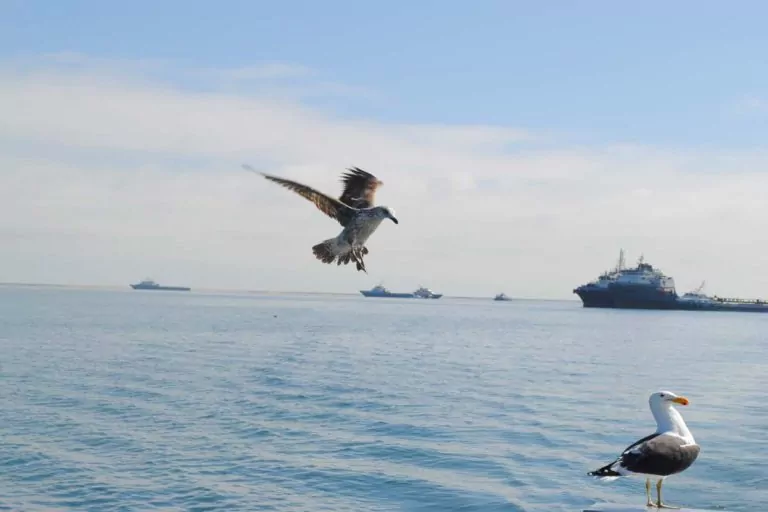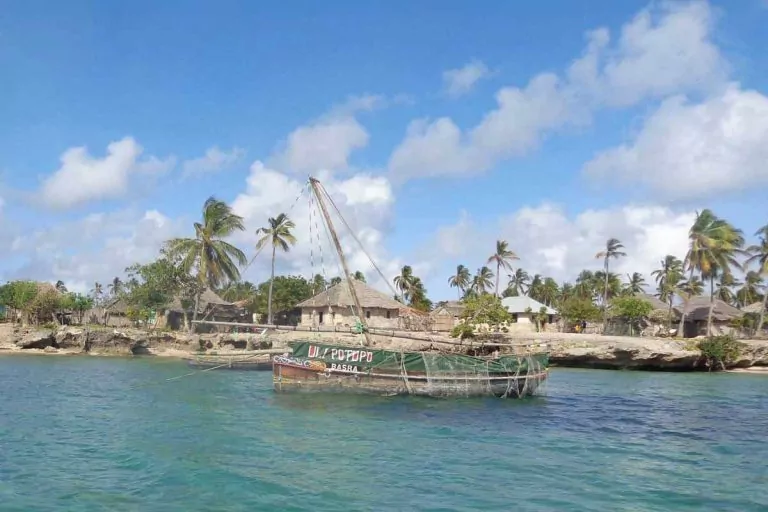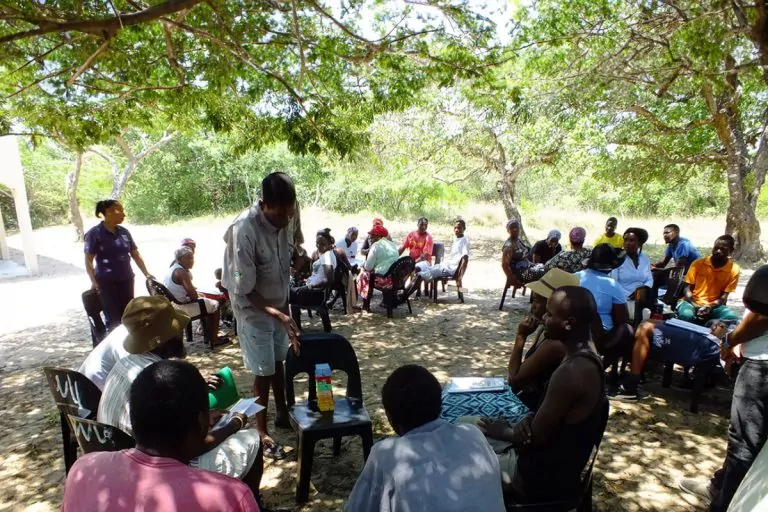Important for Ocean Governance: Marine Spatial Planning
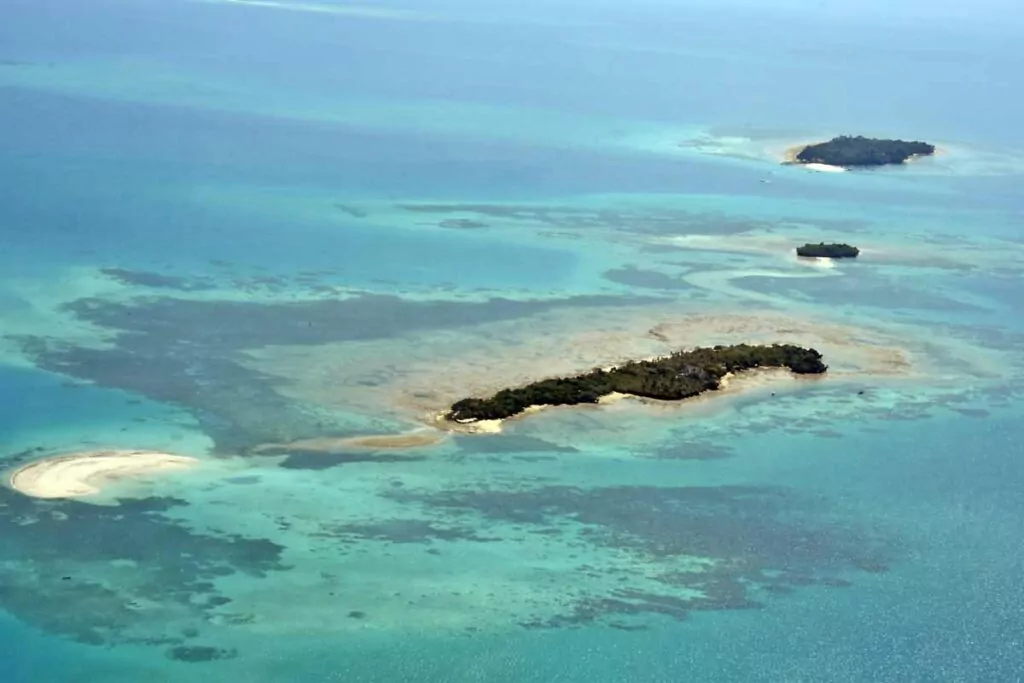
Marine spatial planning (MSP) has emerged as an important process in fostering sustainable ocean development, offering a strategic approach to balance conservation, economic activities, and social objectives. MSP is a comprehensive ocean governance process that coordinates human activities in marine and coastal areas through a participatory and transparent approach that makes use of the best available knowledge and data. It integrates interests of multiple maritime sectors, such as fishing, shipping, conservation, renewable energy, and tourism. It allocates space to these various uses to avoid user conflicts, establish synergies between uses, and ensure the sustainable management of marine resources and habitats.
Table of Contents
Video GIZ: Marine Spatial Planning in a nutshell
A need for biodiversity-inclusive and climate-smart MSP
Ensuring that MSP is both biodiversity-inclusive and climate-smart is essential for safeguarding the health and resilience of marine and coastal ecosystems. Incorporating biodiversity as central aspect of MSP processes means that critical habitats are effectively protected and restored, vulnerable species are safeguarded, and biodiversity hotspots are maintained. Additionally, integrating climate-smart principles allows us to consider the urgent challenges posed by climate change, such as rising sea levels and changing habitat patterns. This approach enables marine and coastal managers to identify and mitigate potential impacts, enhance ecosystem resilience, and promote adaptation strategies that are crucial for the long-term sustainability of marine and coastal uses. By prioritising biodiversity and climate considerations in MSP, we can achieve ecosystem-based management, fostering healthier oceans, supporting thriving marine life, and securing the well-being of coastal communities and economies for generations to come.
MSP in the Global Biodiversity Framework
MSP is featured in action target 1 of the Kunming-Montreal Global Biodiversity Framework (GBF). Through the careful delineation of marine areas, identification of critical habitats, and allocation of space for diverse uses, MSP supports the implementation of targeted conservation measures while promoting the sustainable utilisation of marine resources. As such, ecosystem-based MSP is critical in realising other action targets of the GBF, particularly the 30×30 target.
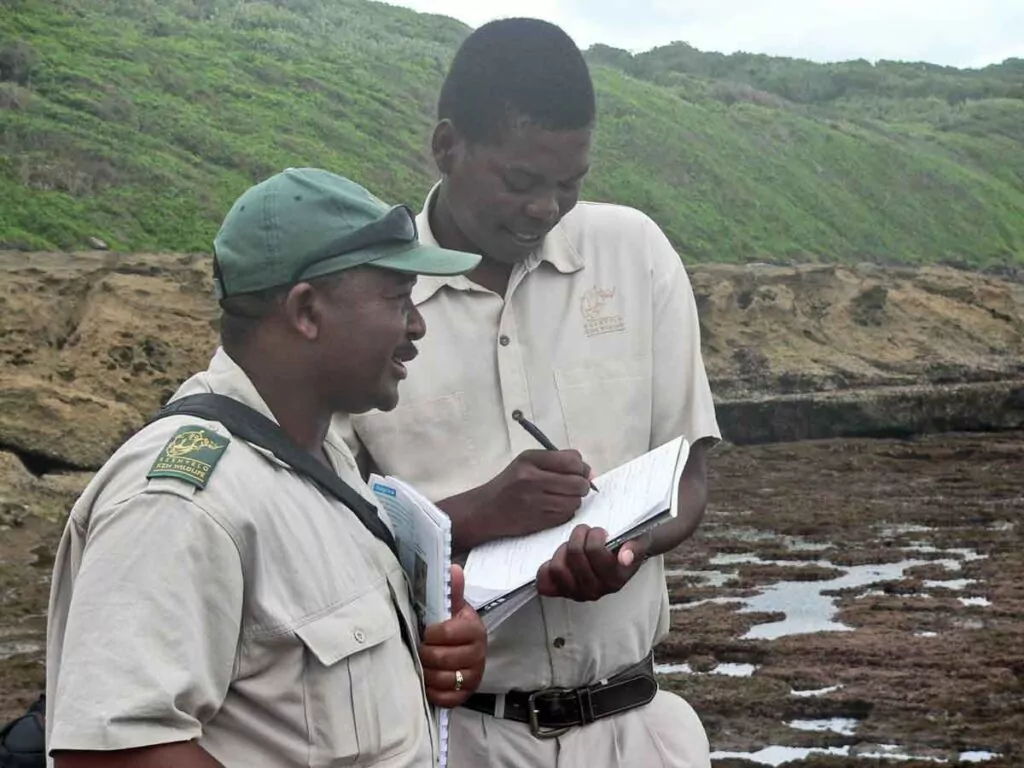
MSP in international cooperation and economic development
International cooperation plays a crucial role in supporting the implementation of MSP in developing countries that strive to grow sustainable blue economies. By facilitating knowledge exchange, training, and technology transfer, development cooperation empowers governments, stakeholders, and communities to effectively design and implement MSP frameworks tailored to their specific needs and contexts. Development cooperation can support multi-stakeholder partnerships and regional collaboration, enhancing coordination and coherence in MSP implementation across borders. By investing in MSP partner countries develop the spatial foundation for growing their sustainable ocean economies.
MSP as a vital part in many MeerWissen projects
MSP processes were supported through several MeerWissen projects including WASP (Mauretania), NAMares (Namibia) and CoastWise (South Africa). These projects contributed to informing the knowledge base for national-level MSP. By integrating research, stakeholder engagement, and innovative tools, the projects seek to address the complex challenges facing marine and coastal ecosystems and ensure a balanced approach between economic growth and environmental protection. Through these initiatives, MSP continues to demonstrate its value in shaping the future of inclusive, equitable, and sustainable ocean governance.

